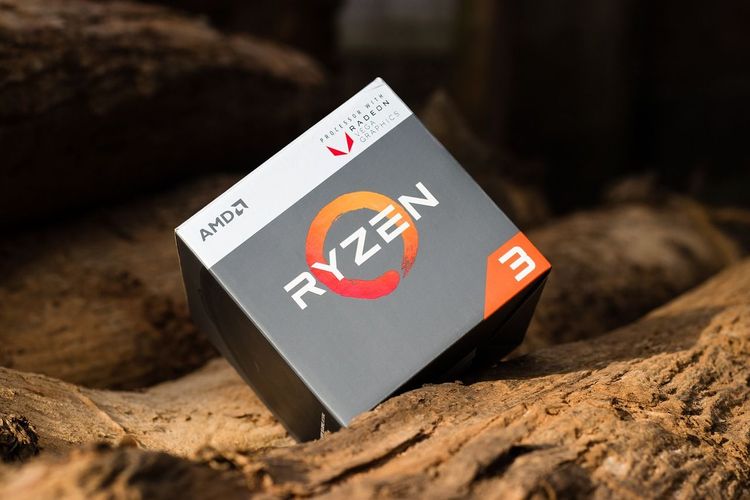OpenAI, the creator of ChatGPT, has just accomplished a historic milestone by securing the largest venture capital round ever. Today, the startup announced that it has raised a staggering $6.6 billion, which elevates its post-money valuation to $157 billion. This funding round, spearheaded by previous investor Thrive Capital, boosts OpenAI's total capital to $17.9 billion, as reported by Crunchbase.
Thrive Capital contributed approximately $1.3 billion, with a unique option to invest up to $1 billion more at the same valuation through 2025, according to The New York Times. Other significant players in this fundraising effort include Microsoft, Nvidia, SoftBank, Khosla Ventures, Altimeter Capital, Fidelity, and MGX. Reports from The Wall Street Journal indicate that Microsoft invested nearly $1 billion, Nvidia contributed $100 million, and SoftBank added $500 million.
OpenAI stated in a blog post, "This new funding will empower us to enhance our leadership in frontier AI research, bolster our computing capacity, and develop innovative tools that help tackle complex challenges. We are thankful to our investors for their confidence in us and are eager to collaborate with our partners, developers, and the wider community to create an AI-driven ecosystem that serves everyone's interests."
However, there may be some unusual stipulations involved. This morning, the Financial Times revealed that OpenAI requested investors to refrain from backing competing startups like Anthropic and xAI. We have reached out for further clarification and will update this post when we receive a response.
Already recognized as the most heavily funded AI startup globally, this massive funding influx solidifies OpenAI's position as a leader in the sector. Elon Musk's xAI raised over $6 billion earlier in the year but operates at a significantly lower valuation of $24 billion. In comparison, OpenAI's main competitor, Anthropic, has raised about half of OpenAI's total, securing around $9.7 billion since its inception, while other notable AI startups like Cohere and Mistral have raised around $1 billion each.
So, why did OpenAI need to amass more funds than the Zimbabwian government spent in 2021? Simply put, it's to maintain its extensive operations. OpenAI is reportedly burning through billions in the process of training its AI systems, including recent releases like o1, and attracting sought-after data science talent to stay competitive.
According to The Information, OpenAI's expenditures include roughly $7 billion for model training and about $1.5 billion in staffing. OpenAI CEO Sam Altman stated that training one of the company's previous standout models, GPT-4, cost over $100 million. At one point, the operational costs for ChatGPT alone were estimated at $700,000 per day.
As the leading name in generative AI, OpenAI has over 250 million users and around 10 million paying subscribers. Recent reports suggest that OpenAI's annualized revenue exceeds $3.4 billion, with projections indicating that ChatGPT alone could generate $2.7 billion this year, according to internal documents reviewed by The New York Times.
Microsoft, close partner and investor with nearly $14 billion invested, has built an entire suite of productivity tools based on OpenAI models. Additionally, Apple is weaving ChatGPT into its Apple Intelligence technology lineup.
OpenAI projects its revenue could soar to $100 billion by 2029, mirroring the current annual sales of Nestlé. However, the company is facing stiff competition from various fronts.
Startups like Runway and Luma Labs have launched high-fidelity video generation models ahead of OpenAI. OpenAI's own video project, Sora, is expected to debut this fall. Meanwhile, Anthropic is expanding its AI suite to compete directly with ChatGPT, while tech giants like xAI, Google, and Amazon are heavily investing in infrastructure for next-gen models. Meta and emerging competitors like Black Forest Labs are also continually releasing open models to democratize text- and image-generating AI.
Given these intense competitive pressures, OpenAI may consider increasing the price of its premium ChatGPT Plus plan from $20 to $44 per month by 2029 and revamp its corporate structure to attract more investments.
Currently, the for-profit segment of OpenAI operates under the governance of a nonprofit, which limits investor returns. However, Altman has hinted that OpenAI may shift away from this model in the coming months. Reports have surfaced that the closure of the $6.6 billion funding was contingent upon this transition, along with Altman's potential equity stake.
Investors in this latest round will have the option to reclaim their investments if OpenAI doesn't convert from nonprofit to for-profit within two years.
This expanded capacity could enable OpenAI to pursue capital-intensive long-term projects, like developing AI chips and entire data centers, to reduce dependency on Nvidia's hardware, which currently supports much of its AI training and operational models. Furthermore, it would provide OpenAI with the financial backing to secure licensing agreements with data providers such as Reddit and Condé Nast, which could enhance its competitive edge while safeguarding it from intellectual property lawsuits.
Nonetheless, the ability to implement these strategies is uncertain. OpenAI has experienced significant executive turnover recently, culminating from internal disagreements regarding its direction.
Recent resignations include CTO Mira Murati, chief research officer Bob McGrew, and research VP Barret Zoph in late September. Notably, prominent research scientist Andrej Karpathy left OpenAI in February, followed by co-founder and former chief scientist Ilya Sutskever and ex-safety leader Jan Leike. Co-founder John Schulman also announced his departure in August, and company president Greg Brockman is currently on sabbatical.
Of the original 13 co-founders from OpenAI's inception in 2015, only three remain.







